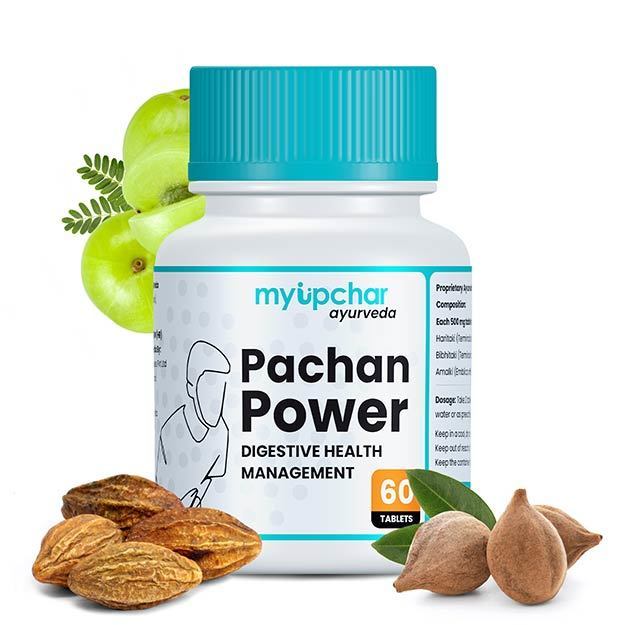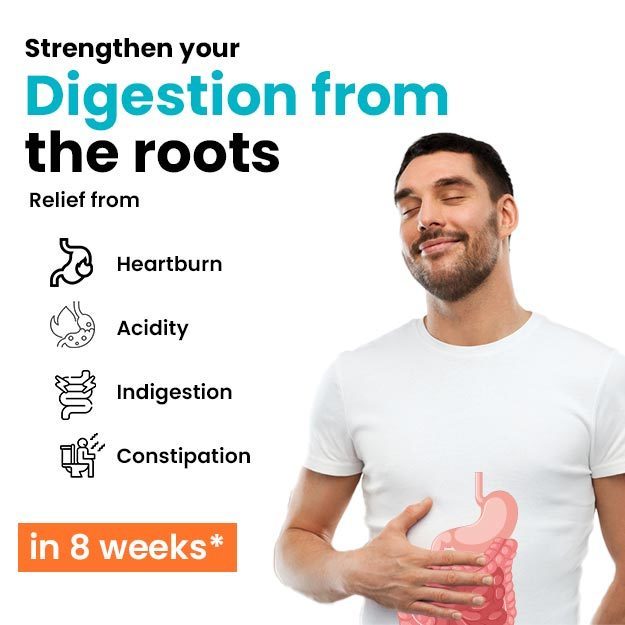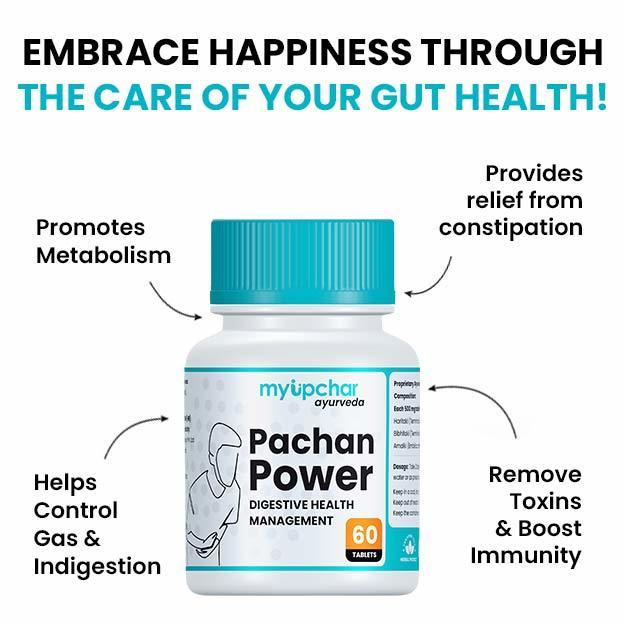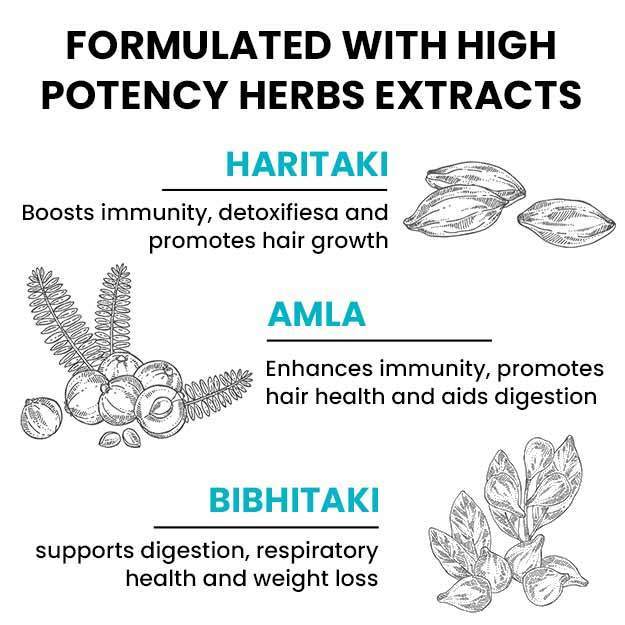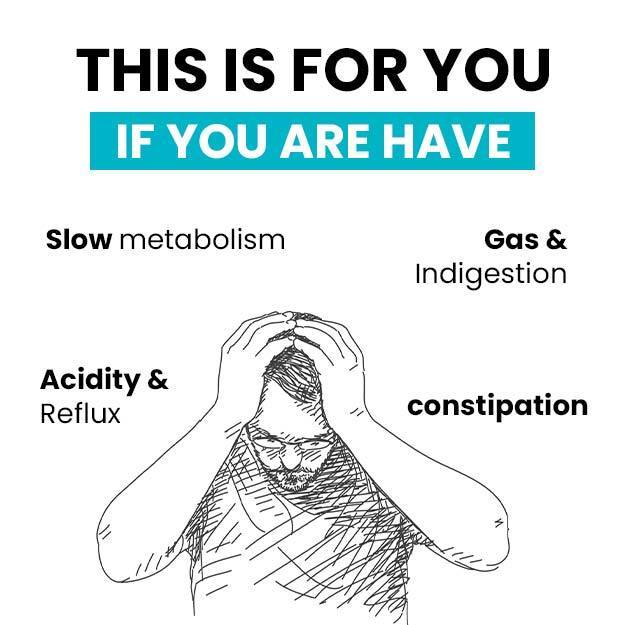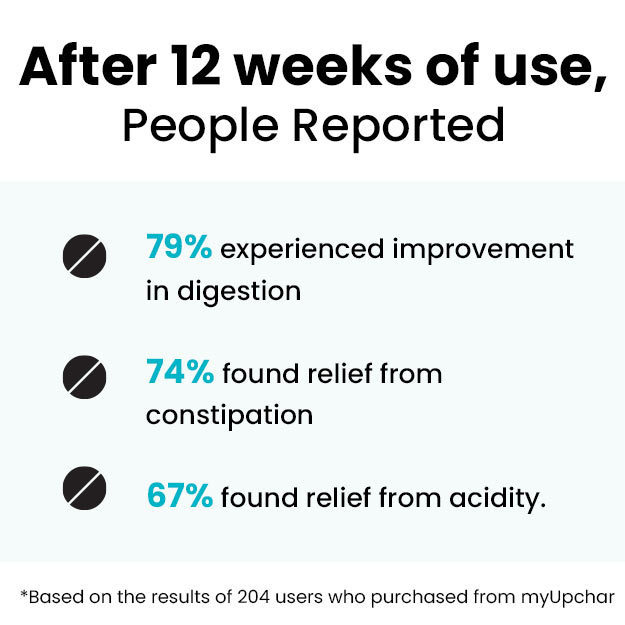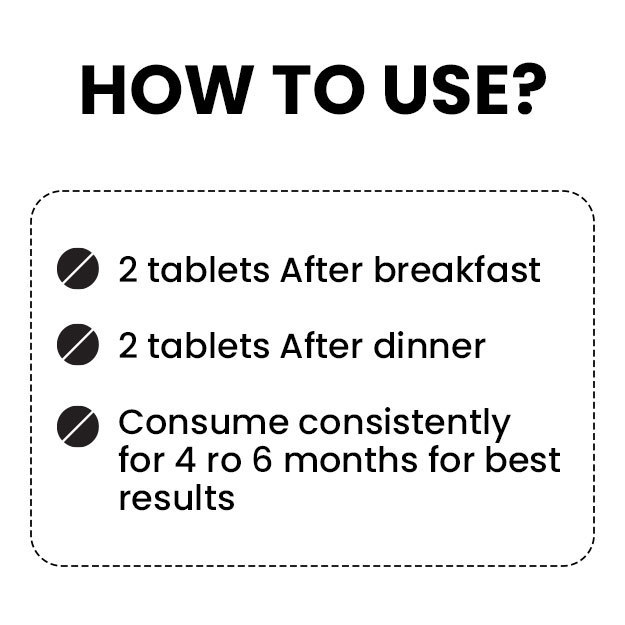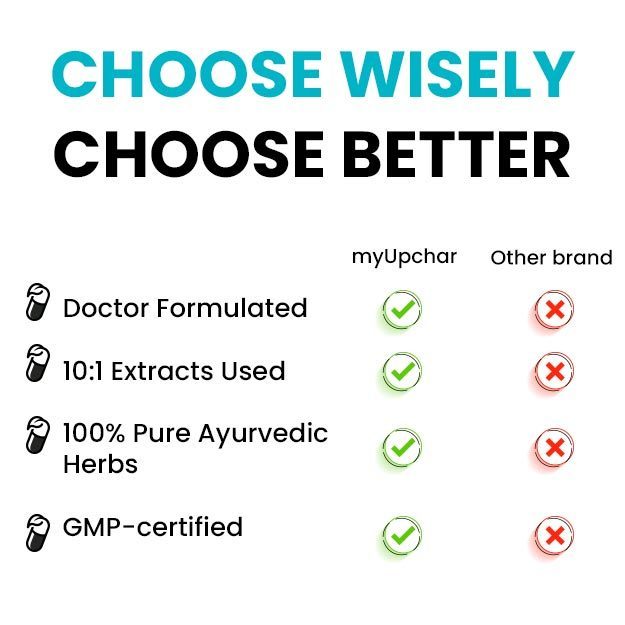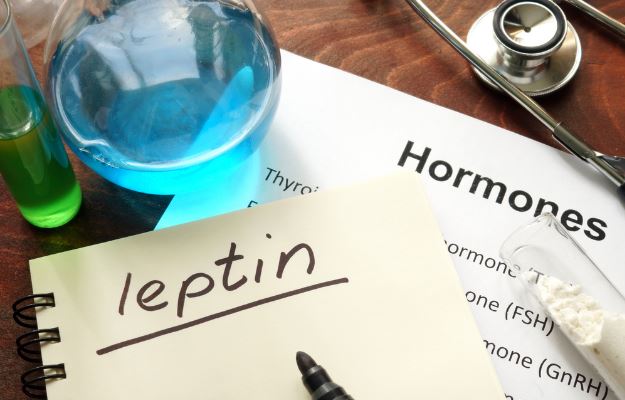Probiotics have been studied for their effects on constipation in a variety of conditions.
Irritable Bowel Syndrome
Irritable bowel syndrome (IBS) is a digestive disorder that can lead to a number of symptoms, including abdominal pain, bloating, and constipation. Probiotics are used to reduce symptoms of IBS, including constipation.
A review of 24 studies showed that probiotics reduced the severity of symptoms and improved quality of life by reducing gut inflammation in people with IBS.
Another study of 150 people with IBS showed that taking a probiotic supplement for 60 days helped improve bowel regularity and stool consistency.
Additionally, in a 6-week study of 274 people, drinking probiotic-rich, fermented milk increased stool frequency and reduced IBS symptoms.
Constipation In Children
Constipation is common in children and can be caused by a variety of factors including diet, family history, food allergies. Several studies have shown that probiotics provide relief from constipation in children.
For example, a review of 6 studies found that taking probiotics for 3–12 weeks increased stool frequency in children with constipation.
In Pregnancy
Up to 38% of pregnant women experience constipation, which may be caused by prenatal medications, hormonal fluctuations, or changes in physical activity. Some research suggests that taking probiotics during pregnancy may prevent constipation.
In a 4-week study of 60 pregnant women suffering from constipation, eating probiotic yogurt enriched with Bifidobacterium and Lactobacillus bacteria daily increased the frequency of bowel movements and improved several symptoms of constipation.
In another study conducted on 20 women, taking probiotics containing a mixture of bacteria increased the frequency of bowel movements and improved symptoms of constipation such as straining, abdominal pain and a feeling of incomplete evacuation.
Read more - (Constipation in Children: symptoms, causes, treatment)
Medicines
Many medications can also cause constipation, including opioids, iron pills, antidepressants, and some cancer treatments. In particular, chemotherapy is a major cause of constipation. About 16% of people undergoing this cancer treatment experience constipation.
In a study of nearly 500 people with cancer, 25% saw improvement in constipation or diarrhea after taking probiotics. Probiotics may also benefit people who experience constipation caused by iron supplements.
Research shows that probiotics can treat constipation in children and constipation caused by pregnancy, IBS, and certain medications. Probiotics are generally considered safe, but they do have some side effects you may want to consider.
When you first start taking them, they can cause digestive problems, such as stomach cramps, nausea, gas, and diarrhea.
Some research suggests that probiotics may cause serious side effects, such as an increased risk of infection in people with weakened immune systems.
Thus, if you have any pre-existing conditions it is best to consult a healthcare professional before taking probiotics.
Read more - (Healthy Gut, Healthy You: Top 10 Probiotics Tablets )




